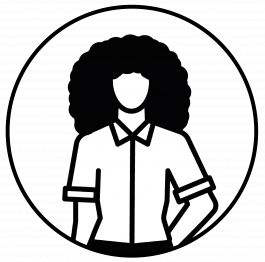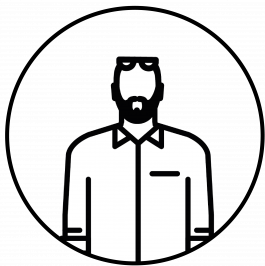»Dekoloniale — What remains?«: We developed the Exhibition design, visual language and scenography for three venues in the city of Berlin in 10 Months.
Concept
The visual design concept is inspired by "Learning from Las Vegas“ by Robert Venturi, Denise Scott Brown and Steven Izenour (1972). It tasks itself with the exploration of visual and spatial representations of memory culture. The result is an extensive database that documents what physically exists in the urban space of Berlin and visualizes stories that have often been overlooked in public discourse. The database draws on existing studies and knowledge on Black and Asian histories of resistance in Berlin. The aim is to create a growing visual open archive that represents resistance, empowerment, diverse life stories, and Germany's (post-)colonial responsibility. The iconized elements serve as visual backgrounds and contribute to the contextualization of all written and presented content.
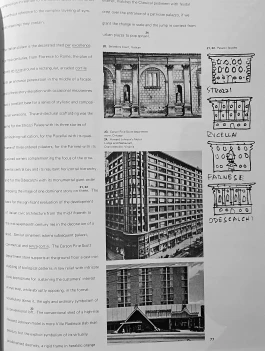
Scan from the »Learning from Las Vegas« Book
Development of Elements
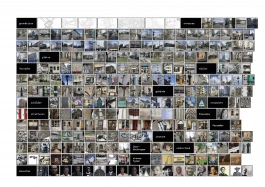
Urban Fielstudy and Documentation
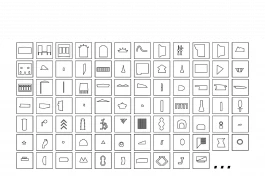
Iconographical Developments from Fieldstudy
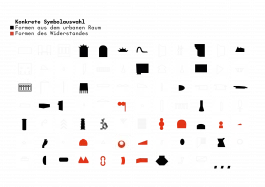
Selection of final Elements
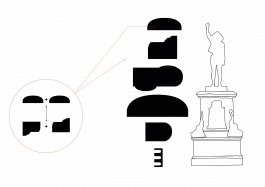
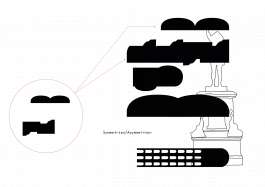
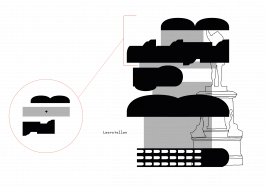
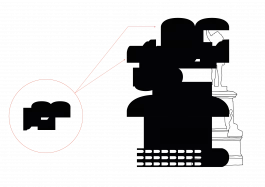
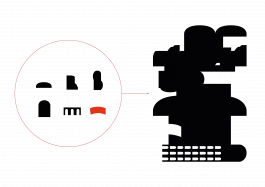
From this concept, the whole visual language and scenography is developed
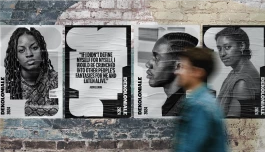
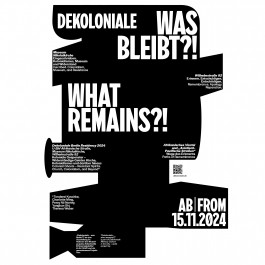



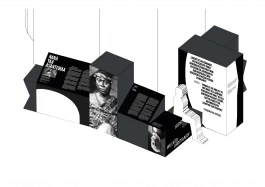
Think we can help?
Contact us!
Email: echo[at]visual-intelligence.org
Phone: 0049 (0)30 2245 8600
vi
visual intelligence
and communication gbr
Rosales & Coenen
Perleberger Strasse 10,
10559 Berlin
part of
civic city
integral designers
n-gram
Think we can help?
Contact us!
Email: echo[at]visual-intelligence.org
Phone: 0049 (0)30 2245 8600
vi
visual intelligence
and communication gbr
Rosales & Coenen
Perleberger Strasse 10,
10559 Berlin
part of
civic city
integral designers
n-gram
